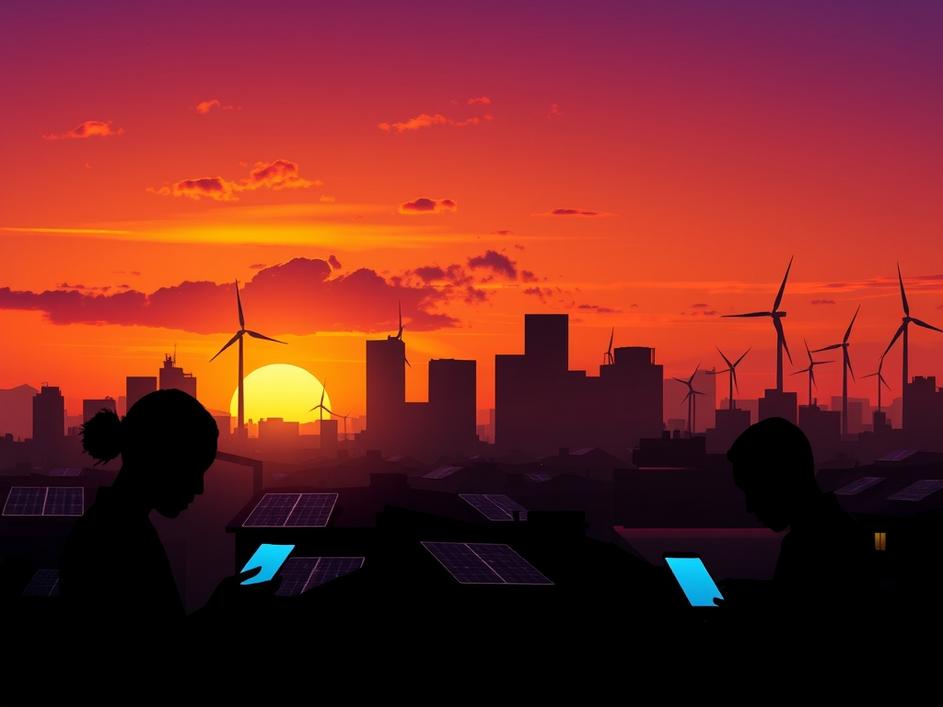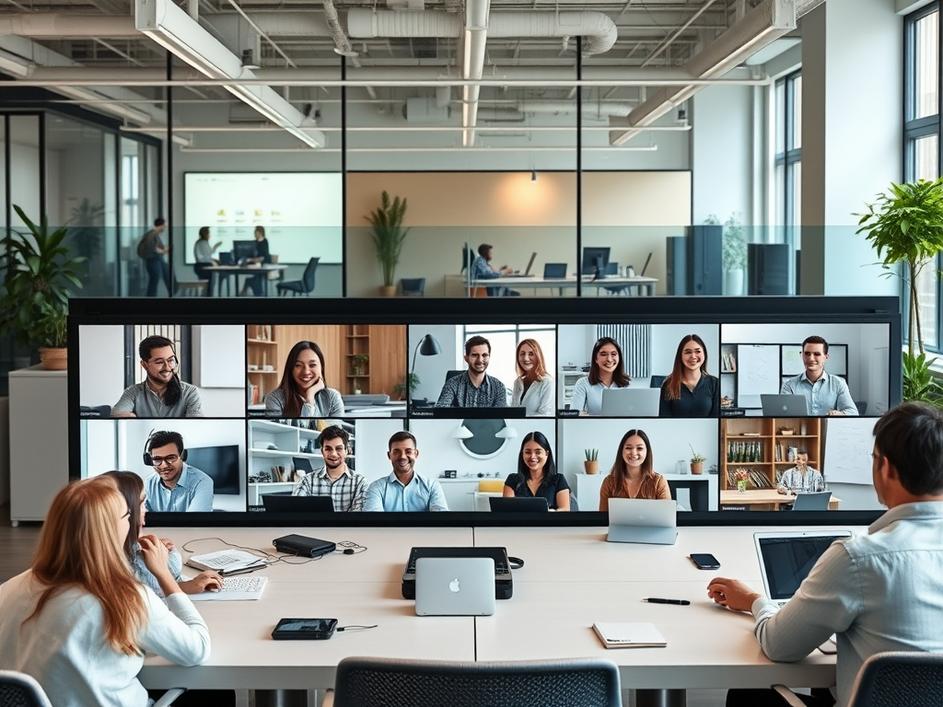


We are a digital agency helping businesses develop immersive, engaging, and user-focused web, app, and software solutions.
2310 Mira Vista Ave
Montrose, CA 91020
2500+ reviews based on client feedback

Nigeria is on a digital journey, no doubt about it. From busy city centers to quiet villages, more people are getting online, starting new tech businesses, and connecting with the world. This fast growth is exciting and shows what Nigeria can achieve. But all this digital energy needs a constant flow of power. And right now, how we get that power is a big question mark, one that could either help or hurt this exciting future.
What's Included?
ToggleNigeria’s digital scene is vibrant. We see more people using smartphones, accessing the internet, and building innovative tech startups every day. This surge isn’t just a trend; it’s changing how people live, work, and learn. Think about the bustling e-commerce sites, the fintech solutions, or even just daily communication. All these things rely heavily on electricity. But here’s the catch: a lot of this power comes from old-school sources, mainly diesel generators. These generators are expensive to run, noisy, and they pump out a lot of pollution. They’re a temporary fix, not a long-term answer. Relying on them for our digital foundation is like building a skyscraper on shifting sand. It’s not stable, it’s not cheap, and it’s certainly not good for anyone’s health or the environment. We need a different kind of energy, one that truly matches the forward-thinking spirit of the digital world itself.
For Nigeria’s digital growth to truly last and make a real difference, we can’t keep fueling it with diesel fumes. This isn’t just about being “green” for show; it’s about being practical and smart. Using sunlight and wind for power offers a way out of the problems caused by fossil fuels. Imagine less money spent on importing fuel, which takes a huge bite out of the national budget and individual pockets. Imagine cleaner air in our cities, better health for our children, and quieter neighborhoods. Green energy, like solar panels or wind turbines, provides a stable, predictable power source once it’s set up. The sun shines almost every day in Nigeria, and there’s often plenty of wind. Tapping into these natural resources means we’re not tied to fluctuating global oil prices or unreliable power grids. It means we build a more resilient system that can support our digital ambitions without harming the planet or our wallets in the long run.
So, how do we actually make this happen? It’s not just about big power plants. Green energy can work on many levels. We can have solar panels on every home and business, especially for data centers and tech hubs that need constant, reliable power. Whole communities, even remote ones, can get stable electricity through mini-grids powered by solar or a mix of solar and wind. This means kids in villages can access online learning tools, entrepreneurs can run their businesses from anywhere, and everyone benefits from better lighting and communication. This shift also creates new jobs – for people who install and maintain solar panels, design new energy solutions, and build the necessary infrastructure. It’s an opportunity to grow a whole new industry, putting Nigerians to work in future-focused fields. This approach decentralizes power, making it more accessible and less prone to widespread outages across the country.
The benefits of going green for our digital future go way beyond just clean air. When businesses have reliable and affordable power, their operating costs drop significantly. This means they can invest more in growing their companies, hiring more people, and developing new products and services. Imagine a startup not having to worry about constant generator maintenance or buying expensive fuel. That saved money can be used to innovate and expand. For the country as a whole, stable power attracts foreign investment. Companies want to set up shop where they know they can operate smoothly. Education improves when schools and students have consistent electricity for computers and internet access. Healthcare facilities can run critical equipment without interruption. It means less time wasted on power outages, more productivity, and a general improvement in the quality of life for millions of Nigerians. This is about building a strong foundation for broader economic and social progress.
Getting to this green digital future isn’t without its challenges. The first big hurdle is often the upfront cost. Setting up solar farms or widespread panel installations can be expensive at the start. But we need to see this as a necessary investment, not just an expense. The government has a big role to play here, offering incentives, tax breaks, and clear policies that make it easier for businesses and individuals to adopt green energy. We also need to build the right infrastructure and ensure we have enough skilled people to install and maintain these systems. Training programs and local innovation are key. Private companies also need to step up, seeing the huge market potential in providing green energy solutions. It’s a journey that needs everyone – policymakers, investors, businesses, and everyday citizens – to work together. It won’t happen overnight, but every step we take towards this goal is a step towards a stronger, healthier, and more connected Nigeria for generations to come.
Nigeria stands at an important crossroads. Our digital aspirations are soaring, promising a brighter future for so many. But for this future to truly take flight and stay strong, it needs a reliable, sustainable engine. That engine isn’t found in burning fossil fuels, but in the abundant sun and wind that grace our land. Embracing green power for our digital infrastructure isn’t just an option; it’s the smartest, most forward-thinking choice we can make. It’s about building a digital future that lasts, one that’s clean, efficient, and truly belongs to all Nigerians.



Comments are closed